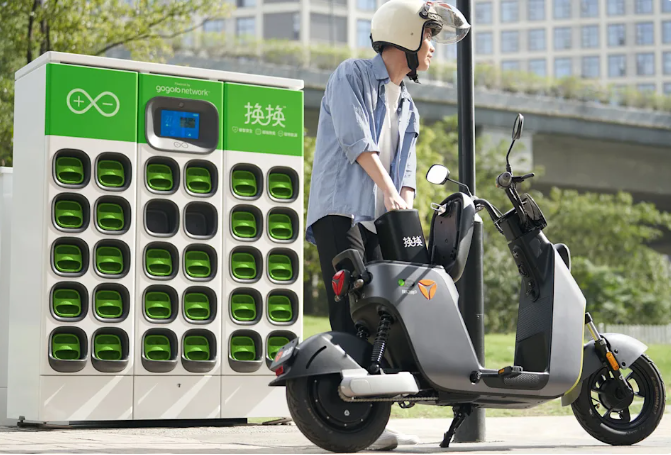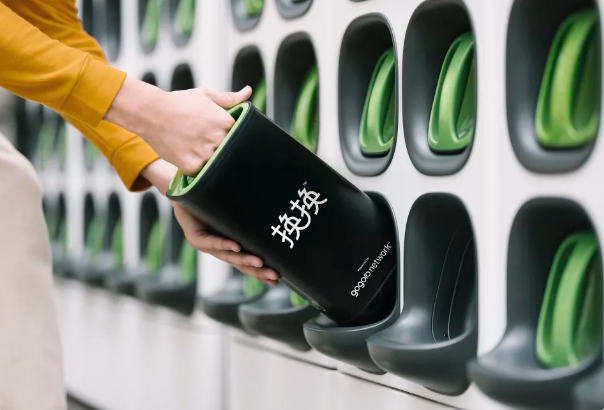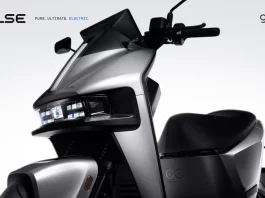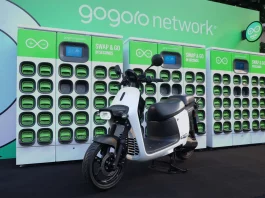Taiwanese company Gogoro is riding the crest of turbulence in the political scene with its innovative hot-swappable battery technology for electric scooters. The swappable battery technology will be kickstarted with two leading Chinese brands – Yadea and DJC, with a few of the two-wheel vehicles from these two brands compatible with the technology.
The move is Gogoro’s first large-scale expansion outside its home turf of Taiwan, and the company will hope that its swappable battery technology in both Yadea and DJC e-scooter models will enhance the sale of these models in China. China remains the largest market for electric scooters with over 300 million riders with a huge potential underneath. Yadea is the largest electric two-wheel vehicles manufacturer while DJC is also a renowned e-scooter manufacturer in China.
It is unclear what proportion of the market is targeted by this new Gogoro partnership with the two Chinese manufacturers, but the numbers could rise tremendously if the swappable battery technology is successful in China. Both Yadea and DJC have unveiled e-scooters designed to work with Gogoro’s hot-swappable battery called Huan-Huan. The models mark the beginning of their partnership with Gogoro, and we are bound to see more Gogoro-powered e-scooters from both companies.
The swappable battery technology allows users to scale up the range of their electric scooters by bypassing the wait to charge a depleted battery. Indeed, users can buy e-scooters without a battery at a reduced cost and then rent batteries via a subscription. The billing of the rented battery will be based on the actual power consumption of the battery. Newly charged batteries can be obtained at the nearest Gogoro-themed GoStation within 6 seconds. The operation of the GoStation is enhanced by cloud support for a seamless manner of getting available batteries.
The Gogoro partnership could be scaled up to cover other popular Chinese e-scooter brands and it is bound to expand, as it coincides with the official policy of Beijing to phase out gas and diesel-powered vehicles by 2025. Various incentives have been put in place to drive the policy for a sustainability-oriented transportation system in China in the years to come.
RELATED;
- Spin teams up with Segway-Ninebot to launch remote-controlled electric scooters
- Xiaomi unveils the Mi Electric Scooter Pro 2 & Scooter 1S starting at €399
- Xiaomi launches the Mi Electric Scooter Pro 2 Mercedes-AMG Petronas F1 Team Edition



